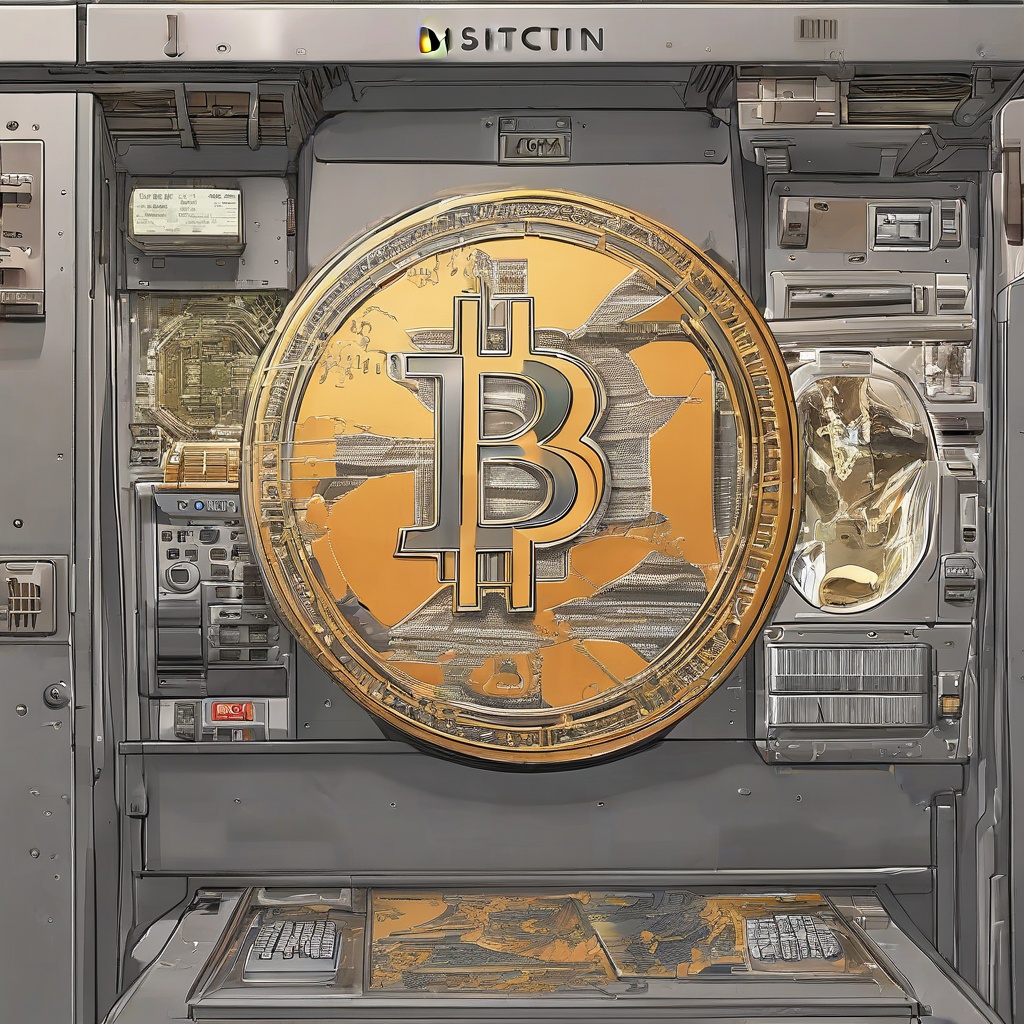What are the best crypto exchanges in India 2024?
Could you elaborate on what are considered the top cryptocurrency exchanges in India for the year 2024? As the cryptocurrency landscape continues to evolve, it's crucial to stay informed about reliable and secure platforms. I'm particularly interested in exchanges that offer a diverse range of cryptocurrencies, user-friendly interfaces, robust security measures, and competitive transaction fees. Additionally, how do these exchanges handle regulations and comply with the Indian laws and regulations governing the cryptocurrency industry?

What is bitcoin India?
Could you elaborate on the concept of "Bitcoin India"? I'm curious to know if it refers to a specific exchange platform, a regulatory framework for cryptocurrencies in India, or perhaps a community dedicated to Bitcoin usage in the country. Additionally, I'm interested in understanding how Bitcoin is perceived and utilized in India, given the country's unique economic and regulatory landscape. What challenges or opportunities does Bitcoin present in the Indian market? Also, what are some of the key players or organizations involved in promoting and facilitating Bitcoin adoption in India? Thank you for clarifying this topic.

Is coinswitch a good platform to trade cryptocurrencies in India?
As a cryptocurrency enthusiast and investor in India, I'm curious to know if Coinswitch is indeed a viable platform for trading cryptocurrencies. Could you elaborate on its features, user experience, and any potential drawbacks? Specifically, how secure is the platform in terms of transaction security and personal data protection? Additionally, are there any noteworthy user reviews or ratings that indicate its performance? Moreover, how does Coinswitch compare to other popular crypto trading platforms in India? I'd appreciate a comprehensive assessment of its strengths and weaknesses to help me make an informed decision.

Will cryptocurrencies bring new jobs to India?
As the global landscape of finance and technology continues to evolve, one cannot ignore the impact of cryptocurrencies. The question that arises is: Will cryptocurrencies bring new jobs to India? With the increasing adoption of digital assets, the need for skilled professionals in areas like blockchain development, crypto trading, and regulatory compliance is growing. This shift could potentially create a range of new job opportunities in India, from entry-level to high-skilled positions. However, it remains to be seen if the necessary infrastructure and regulatory framework will be established to support this growth and ensure the sustainability of these jobs in the long run. What do experts in the field predict? Will India seize this opportunity and foster a new wave of job creation?

How cryptocurrencies are regulated in India?
When it comes to the regulation of cryptocurrencies in India, the landscape has been evolving rapidly in recent years. Initially, there was a blanket ban imposed by the Reserve Bank of India in 2018, prohibiting banks and regulated entities from dealing in virtual currencies or providing banking services to facilitate such transactions. However, this ban was later quashed by the Supreme Court in 2020, opening up the possibility for cryptocurrency transactions in the country. Since then, the Indian government has been working on a bill to regulate the domestic cryptocurrency market, known as the Cryptocurrency and Regulation of Official Digital Currency Bill 2021. This bill aims to create a framework for the central bank to issue an official digital currency while prohibiting all private cryptocurrencies. However, the specifics of this regulation and its implications remain unclear, leading to market uncertainties and concerns among investors. Despite these regulatory challenges, the popularity of cryptocurrencies in India has been growing rapidly. With over 97.5 million Indians now owning cryptocurrency, it's evident that there's a significant demand for these digital assets in the country. As such, it remains to be seen how the Indian government will ultimately balance the need for regulation with the demands of the growing cryptocurrency market.

